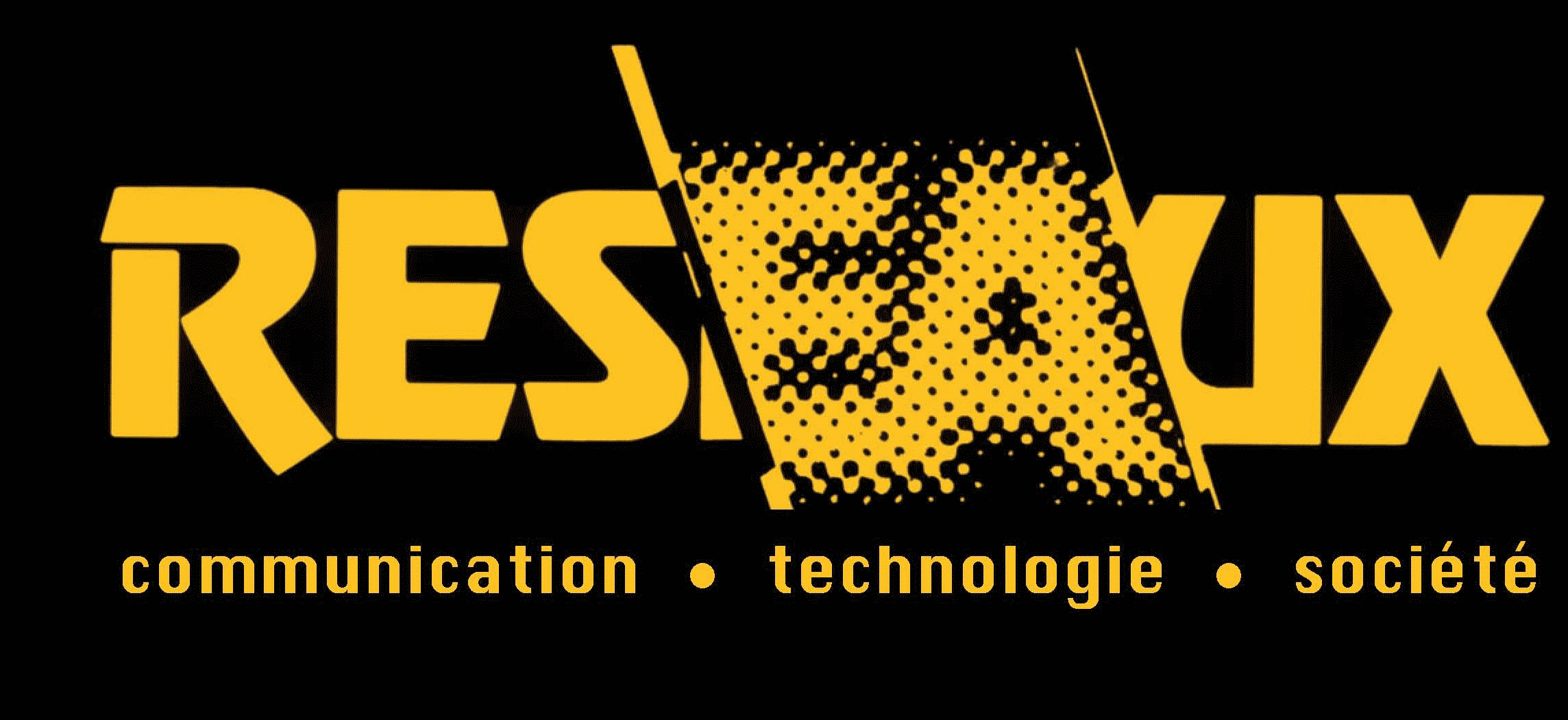Trust and Familiarity
To describe modern societies one has to take into account two interdependent structural changes: the increasing diversification and particularization of the familiar and non-familiar; and the progressive replacement of danger by risk, that is, by the possibility of future injury resulting from our actions or omissions - a possibility that has to be taken into consideration. If this is true, our rational actions demand, as if it stood to reason, that we take risks, and when others are involved risk-taking implies risking one's trust. But if this is true, we are likely sooner or later to be caught in a vicious circle: not risking one's trust, losing one's possibilities of rational action, losing sure trust in the system, etc., which makes us all the less prepared to risk our trust. We can thus carry on living but with a new type of anxiety as regards future results of our present decisions, and generally by suspecting transactions of being dishonest. This article proposes a conceptual clarification of the different forms of trust and an analysis of their functions in modern societies.
